Oculus Quest 2 vs. Valve Index: Which must you purchase?
Light on the feet
Oculus Quest 2
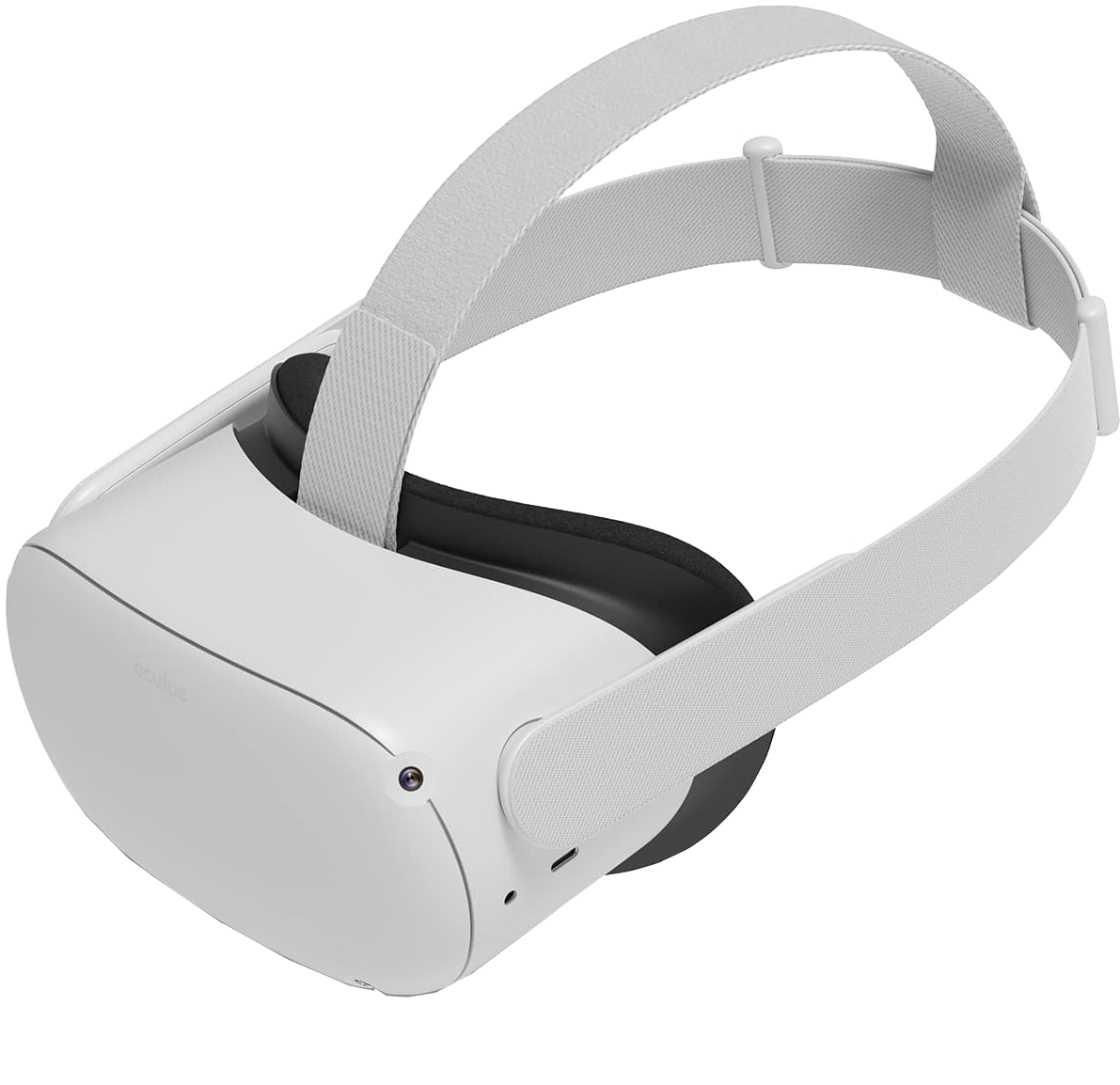
Heavy hitter
Valve index
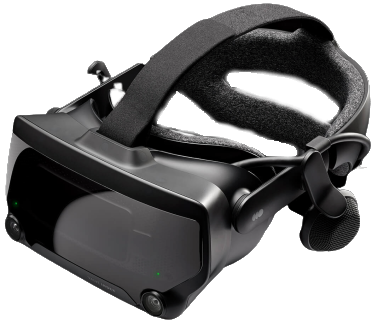
The Oculus Quest 2 brings some quality of life and resolution improvements to Facebook’s revolutionary version of VR that blends the craving user experience of mobile VR with almost PC-like experiences. That said, it doesn’t change things quite the way the original quest did.
$ 300 at GameStop
advantages
- Cheap
- Chordless
- No facility
- Versatile
disadvantage
- Inconvenient for long gaming sessions
- Forced Facebook integration
The index is the benchmark for premium VR gaming. Not only is it designed to work seamlessly with Valve’s PC gaming platform Steam, but it also features the best hardware in its class. While Valve’s other hardware consistently missed the mark, the Index is a clear hit.
$ 1,480 on Amazon
advantages
- Best premium headset on the market
- Built for high performance
- High quality controller
disadvantage
- Expensive
- Tricky set up
- Bad for beginners
- Requires a gaming PC
Oculus Quest and Valve Index work at very different ends of the VR spectrum; With polarized price and performance points, it’s a tough decision that ultimately depends on what type of VR experience you’re looking for. On the one hand, the Quest offers the most accessible and seamless VR experience with little setup or hassle. Valve’s Index, on the other hand, offers the ultimate premium VR experience – when you’re ready to put in the work to set it up.
Oculus Quest 2 vs. Valve Index: Getting the Right Headspace
Each headset offers a uniquely attractive version of the virtual reality experience. While the index focuses on delivering a premium experience, Quest focuses on a seamless VR experience. So they stack against each other.
| Oculus Quest 2 | Valve index | |
|---|---|---|
| Screen resolution | 1832 x 1920 per eye | 1440 × 1600 per eye |
| Display type | Fast switching RGB strip LCD | Full RGB LCD panels |
| memory | 6 GB | 12 GB |
| warehouse | 64GB / 256GB | Internal PC drive |
| Audio | Built-in speakers, headphone support, built-in microphone | Ultra-near-field, full-range, off-ear headphones (extra-aural), headphone support depending on the PC, integrated microphone |
| Ports | USB Type-C, 3.5mm audio jack | Displayport 1.2, USB 3.0 |
| WiFi connectivity | Wi-Fi 5 and Wi-Fi 6, Bluetooth 5.0 LE | Yes, via PC |
| Headset battery | Built-in rechargeable Li-Ion, 2-3 hours | No battery, wired to PC |
| Controller battery life | 2-3 hours | 8 hours |
| Weight | 503 g / 1.1 pounds | 809g / 1.8lbs |
| Glasses compatibility | Yes | Yes |
| IPD customization | Manual | Manual |
| Field of view | 89 degrees | 130 degrees |
| Update rate | 120Hz | 120Hz |
The Oculus Quest 2 builds on the already solid foundations of the first Quest with a seamless and accessible form factor by making small improvements and system-level changes rather than reinventing the wheel. However, the forced Facebook integration can be frustrating.
On the other hand, the index has something to prove; Valve’s other advances in hardware have almost all failed. Fortunately, the index seems to be breaking the curse. With the best hardware in its class and native Steam support, the Index should be the first choice for any hardcore PC gamer. So let’s break it down further to see which set is right for you.
Oculus Quest 2 vs. Valve Index: What’s In The Box?
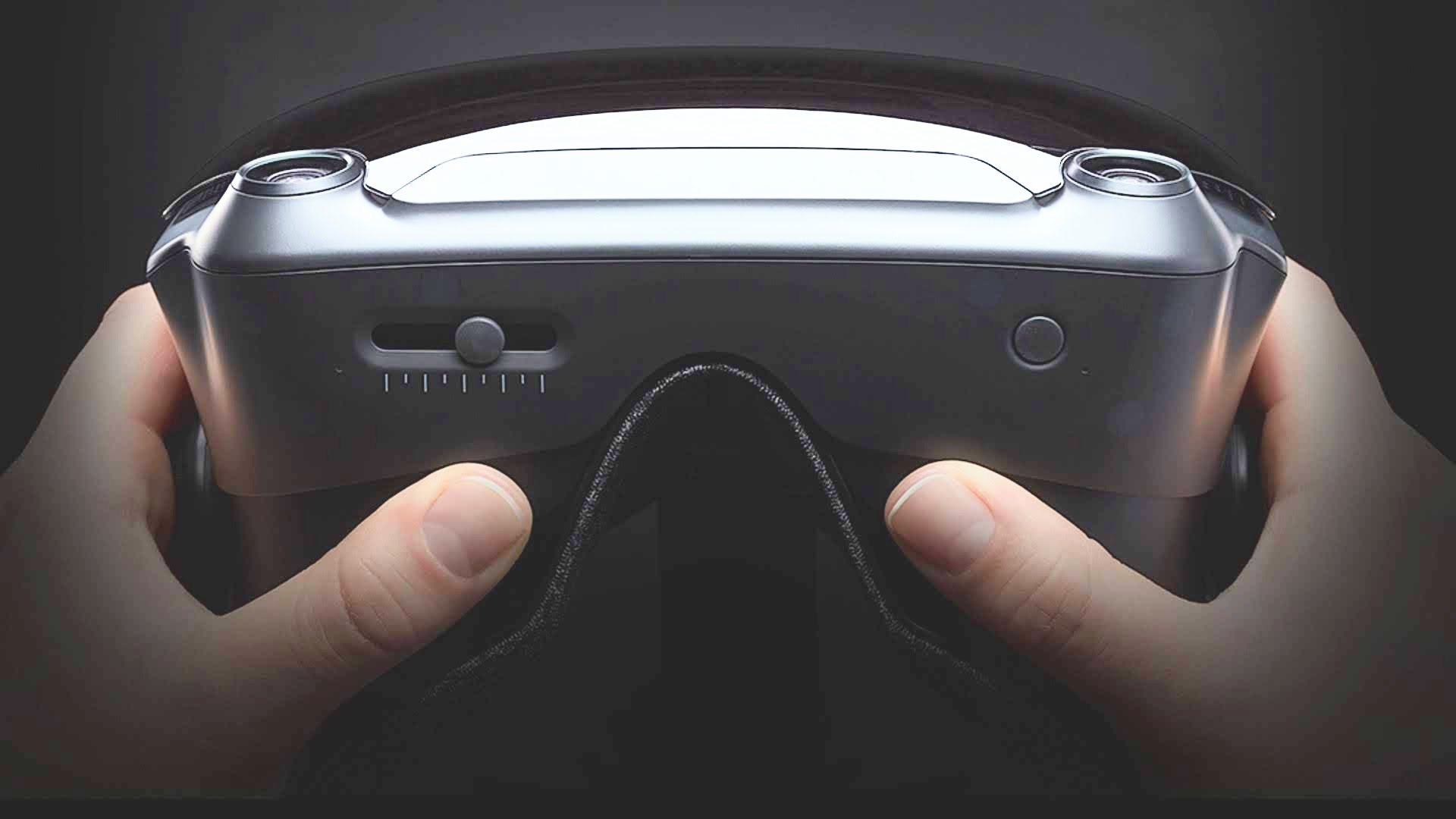
Source: valve
Both headsets are impressive on their own, but it comes down to what you’re looking for in a VR headset. When it comes to what you get with each headset, the full index kit is a beast. In addition to the headset, headphones and controllers, a power supply unit and several video and power cables for connecting the headset to a PC as well as a charger for each controller are included. Aside from chords and hardware for the actual headset, it also comes with the index’s tracking device and a power cord and bracket for it.
The Quest 2, on the other hand, comes with the headset, controllers, a charging cable and a pair of batteries for the controllers.
Oculus Quest 2 vs. Valve Index: Experience the VR Experience
When you immerse yourself in VR, the view is an integral part. Each headset offers different advantages in terms of resolution and field of view. The Quest 2 has the advantage of being a year and a few changes older, and has a much higher number of pixels. In fact, it’s such an improvement over the first that it got rid of the screen door effect that the first quest struggled with. That said, just because the index doesn’t have that high resolution doesn’t mean it has problems. In fact, most gamers probably won’t notice the difference.
Although it offers a significantly higher resolution per eye, the Quest 2’s field of view is not entirely up to date. The index wins with a 130 degree field of view, giving the index a unique advantage over the competition. In fact, it is the highest field of view currently available on the market.
Oculus Quest 2 vs. Valve Index: Take Control
![]()
Source: Nick Sutrich / Android Central
Much like the rest of the hardware, the Index’s controllers are a cut above the rest. While they still stick to the four face buttons, two joysticks, and triggers that come standard on almost all VR controllers, they also introduce some exclusive features to increase immersion and game flexibility. This includes touchpads and other new methods of interacting with virtual spaces. These controllers are, without exception, the best on the market. The fact that the controllers can be charged via USB Type-C means anyone with a PS5, Switch, or Android phone should have no problem figuring out a way to charge the controllers.
The Quest 2 controllers, on the other hand, are frustratingly more maintenance-intensive and ultimately deliver lower quality. Not only are they battery operated, they simply fail to reach the (admittedly high) bar of the index. That doesn’t mean they’re bad. They contain all of the basics that can be found in any standard VR controller, but that’s about it. They just don’t offer a lot of exclusive bells and whistles like the Index.
Oculus Quest 2 vs. Valve Index: Setting Things Up
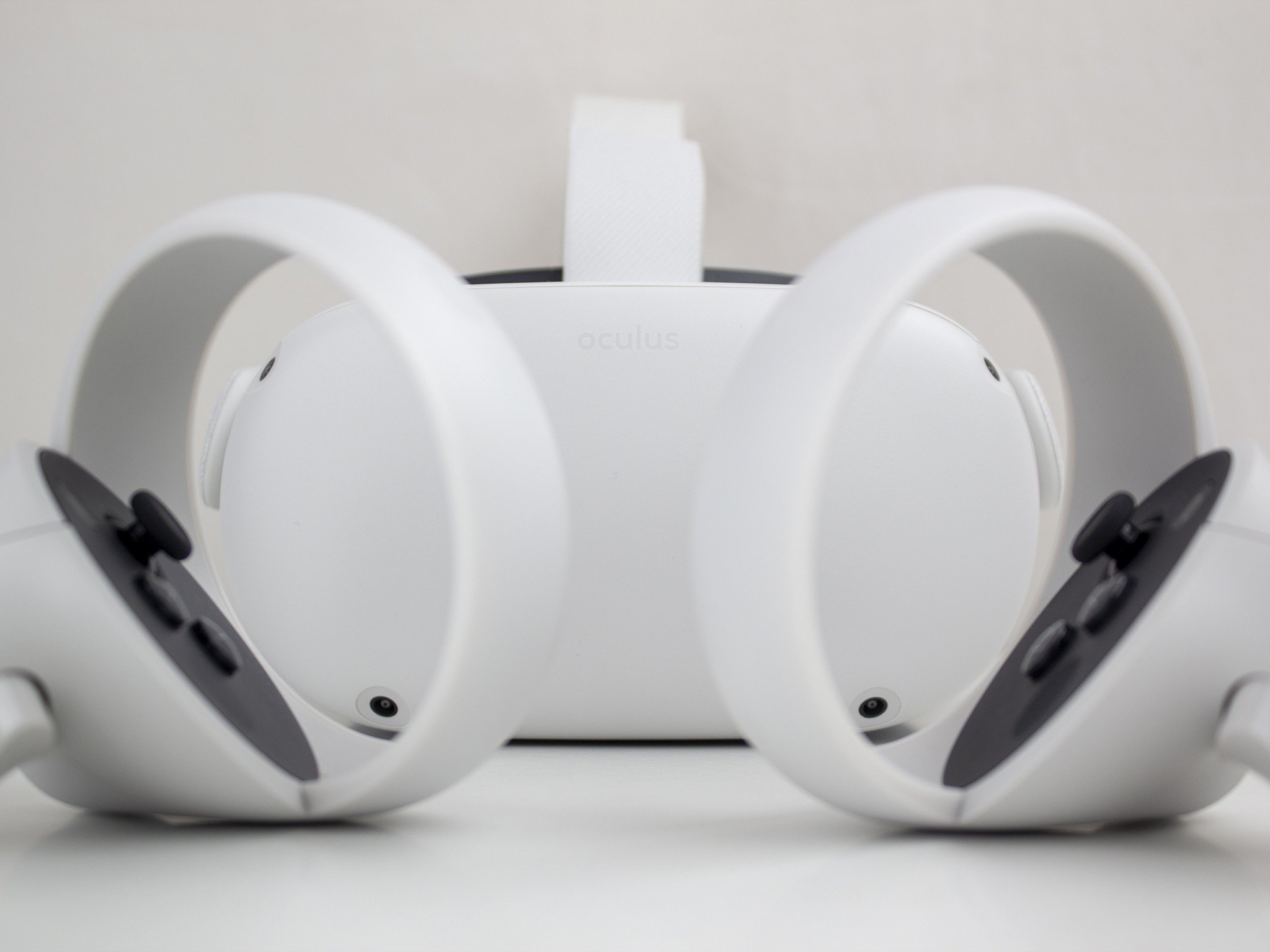
Source: Nick Sutrich / Android Central
When it comes to setting up, the Oculus Quest 2 takes the cake and it takes a few minutes to set up. After logging in with (or setting up) a Facebook account, all players need to do is set up the gaming area and start playing. The short setup is a godsend for many reasons, especially since the Quest 2 is ultimately not very comfortable to wear for long periods of time. Without making a fuss is important.
Somehow the Quest is even easier to use with the PC. Essentially, if you have a USB 3 to USB Type-C chord, you can plug the headset in and start playing, as long as you have Steam VR installed on your PC. That being said, the Quest 2 only needs a cable when you are charging it.
When it comes to setting up, the Oculus Quest 2 takes the cake and it takes a few minutes to set up.
On the flip side, the index is pretty much the exact opposite – Valve’s support page for the index describes a careful setup. Index owners are supposed to wall mount a tracker with power tools and connect multiple chords to their PC. After your hardware is fine, the setup is buttery smooth. In addition, the headset itself is comfortable. However, you are tied to your PC. The Oculus Quest is not tied up with cords, so you can take it with you to any room in your house or a friend. the world is your oyster!
Overall, the setup and start-up process for the index is so extensive and in-depth that I can’t in good conscience recommend it to anyone looking to get into VR for the first time, especially anyone not yet a hardcore PC gamer.
Oculus Quest 2 vs. Valve Index: Which Should You Buy?
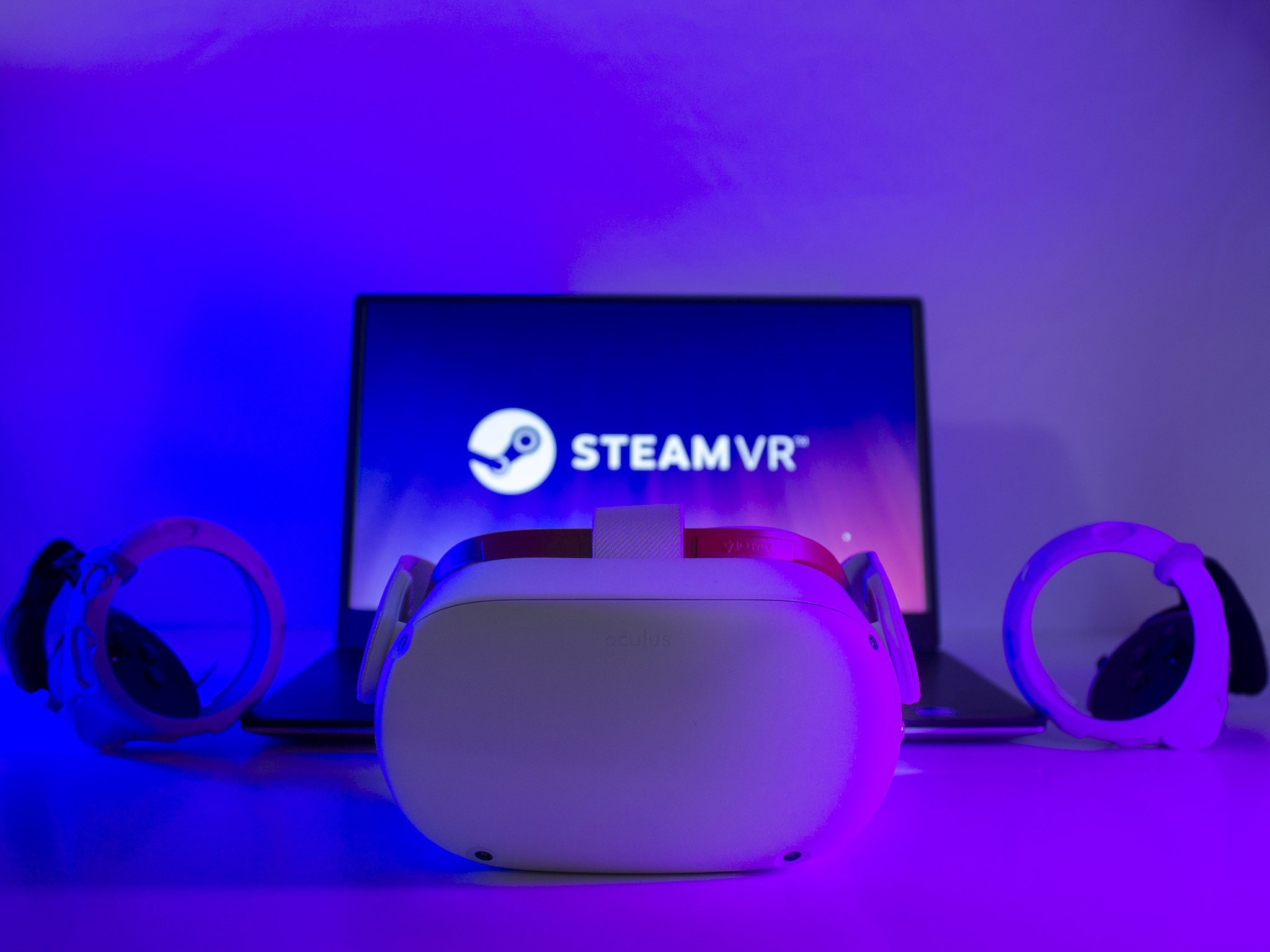
Source: Nick Sutrich / Android Central
In the end, the choice depends pretty much on the games and the cost. While the difference between the two is similar to the difference between console and PC games, the index just doesn’t have enough advantages over the Quest 2 to justify the extra cash. Sure, the index is ultimately smoother and more powerful. However, it is also very maintenance-intensive and expensive.
The Index is in a league of its own as the ultimate VR experience, but its high price point and inflexible requirements make for an unfortunate cocktail of inconveniences. Unless you’re a hardcore PC gamer with more money, time, and patience than the average gamer, it’s hard to recommend. Plus, it doesn’t even require you to play one of their biggest games, Half-Life: Alyx. In fact, with a decent gaming PC, USB Type-C cable, and a little patience, gamers can even use the Quest 2 to experience Valve’s masterpiece.
The Oculus Quest 2 brings a masterfully versatile version of the VR headset to the table that is easy to recommend to anyone. The very fact that Quest 2 can be played wirelessly makes it the easiest experience on the market. Plus, add a range of exclusives and PC features and the Quest takes the cake.
All-rounder

Oculus Quest 2
A virtual Swiss army knife
The Oculus Quest 2 has everyone from the hardcore VR gaming enthusiast to the completely uninitiated, its easy-to-use form factor gives access to a number of the best games in the genre for a reasonable price that doesn’t disappoint.
Master of one

Valve index
The best of the best
The index is the current high point in VR gaming. Not only does it bring top-notch hardware to the table, it also offers the best PC VR gaming experience. Any hardcore gamer with the patience, money, and pc to give the index a try shouldn’t hesitate.
We can earn a commission on purchases made through our links. Learn more.

Really wearable VR
Here are all the games you can play on Oculus Quest and Quest 2
The Oculus Quest and Oculus Quest 2 have over 200 games and apps, both of which can be played with some improvements for the Quest 2 versions, and all Quest purchases will carry over to your new headset. Here are all of the Oculus Quest games currently available for both headsets, as well as all of the announced and upcoming titles that are coming soon.

😓 💦
Protect your Oculus Quest 2 from sweat and dirt with these face covers
The standard Oculus Quest 2 facial interface has a lot of foam padding, but this material is a magnet for sweat, bacteria, and acne-causing dirt. Yuck! That’s why we recommend investing in one of these leather, silicone, or flannel face covers that are easy to remove and clean, making your VR game a worry-free and more hygienic experience.

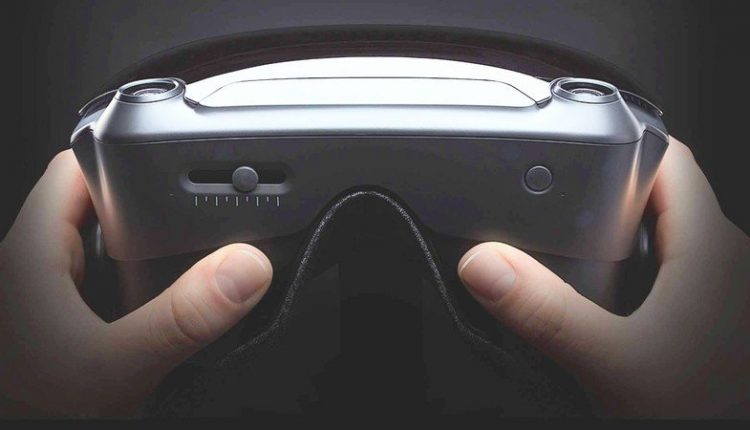
Comments are closed.